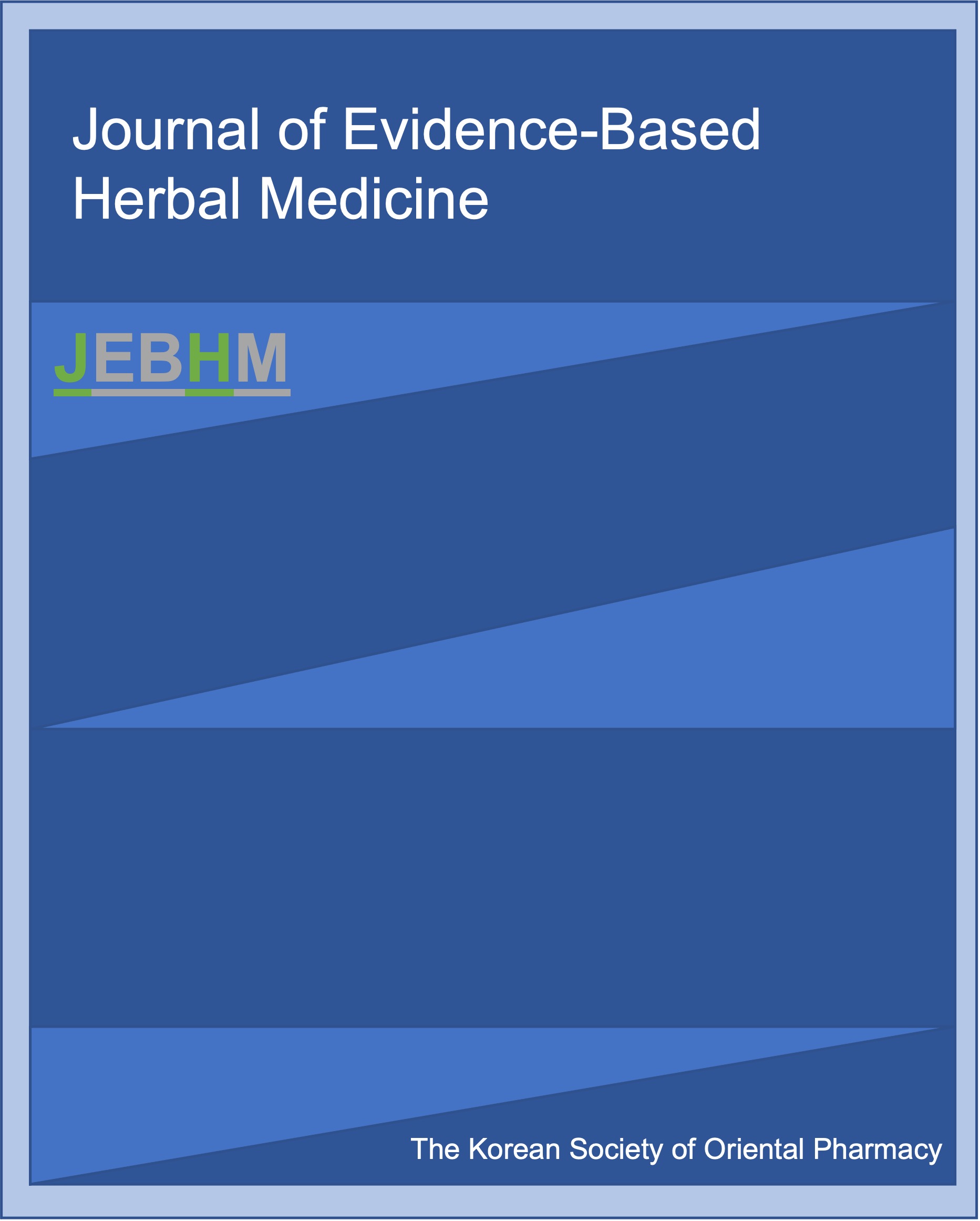The effect of genkwanin on amyloid β aggregation
The effect of genkwanin on amyloid β aggregation
Dong Hyun Kim (Konkuk University)
Hye-Sun Lim (Korea Institute of Oriental Medicine)
Gunhyuk Park (Korea Institute of Oriental Medicine)
초록
Objective: This study investigates the potential of genkwanin as a therapeutic agent for Alzheimer’s disease (AD), specifically targeting its effects on amyloid β (Aβ) aggregation, dissociation, cytotoxicity, and Aβ-induced memory impairment. Methods: A series of in vitro and in vivo experiments were conducted to assess the effects of genkwanin on Aβ pathology. In vitro assays evaluated the ability of genkwanin to inhibit Aβ aggregation and disaggregate pre-formed Aβ fibrils, measured through Thioflavin T (ThT) fluorescence and MTT cytotoxicity assays in Neuro2a cells. In vivo, a passive avoidance test was conducted in an Aβ-injected mouse model to determine the effect of genkwanin on memory retention. Results: Genkwanin demonstrated a significant concentration-dependent inhibition of Aβ aggregation and effectively reduced the cytotoxicity of Aβ aggregates in Neuro2a cells when co-incubated with Aβ. In contrast, pre-formed Aβ aggregates treated with genkwanin showed disaggregation efficacy and partial cytotoxicity mitigation. In the passive avoidance test, genkwanin-treated mice exhibited significantly improved latency times in test trials, indicating a protective effect against Aβ-induced memory impairment. Conclusion: Genkwanin exhibits promising potential as an AD therapeutic by inhibiting Aβ aggregation, reducing Aβ-related cytotoxicity, and mitigating Aβ-induced cognitive decline. These findings support further exploration of genkwanin as a multifunctional small-molecule treatment for AD.
- keywords
- Genkwanin, Alzheimer’s disease, Amyloid β, Memory
Abstract
Objective: This study investigates the potential of genkwanin as a therapeutic agent for Alzheimer’s disease (AD), specifically targeting its effects on amyloid β (Aβ) aggregation, dissociation, cytotoxicity, and Aβ-induced memory impairment. Methods: A series of in vitro and in vivo experiments were conducted to assess the effects of genkwanin on Aβ pathology. In vitro assays evaluated the ability of genkwanin to inhibit Aβ aggregation and disaggregate pre-formed Aβ fibrils, measured through Thioflavin T (ThT) fluorescence and MTT cytotoxicity assays in Neuro2a cells. In vivo, a passive avoidance test was conducted in an Aβ-injected mouse model to determine the effect of genkwanin on memory retention. Results: Genkwanin demonstrated a significant concentration-dependent inhibition of Aβ aggregation and effectively reduced the cytotoxicity of Aβ aggregates in Neuro2a cells when co-incubated with Aβ. In contrast, pre-formed Aβ aggregates treated with genkwanin showed disaggregation efficacy and partial cytotoxicity mitigation. In the passive avoidance test, genkwanin-treated mice exhibited significantly improved latency times in test trials, indicating a protective effect against Aβ-induced memory impairment. Conclusion: Genkwanin exhibits promising potential as an AD therapeutic by inhibiting Aβ aggregation, reducing Aβ-related cytotoxicity, and mitigating Aβ-induced cognitive decline. These findings support further exploration of genkwanin as a multifunctional small-molecule treatment for AD.
- keywords
- Genkwanin, Alzheimer’s disease, Amyloid β, Memory
- 투고일Submission Date
- 2024-11-03
- 수정일Revised Date
- 게재확정일Accepted Date
- 2024-11-18
- 다운로드 수
- 조회수
- 0KCI 피인용수
- 0WOS 피인용수


